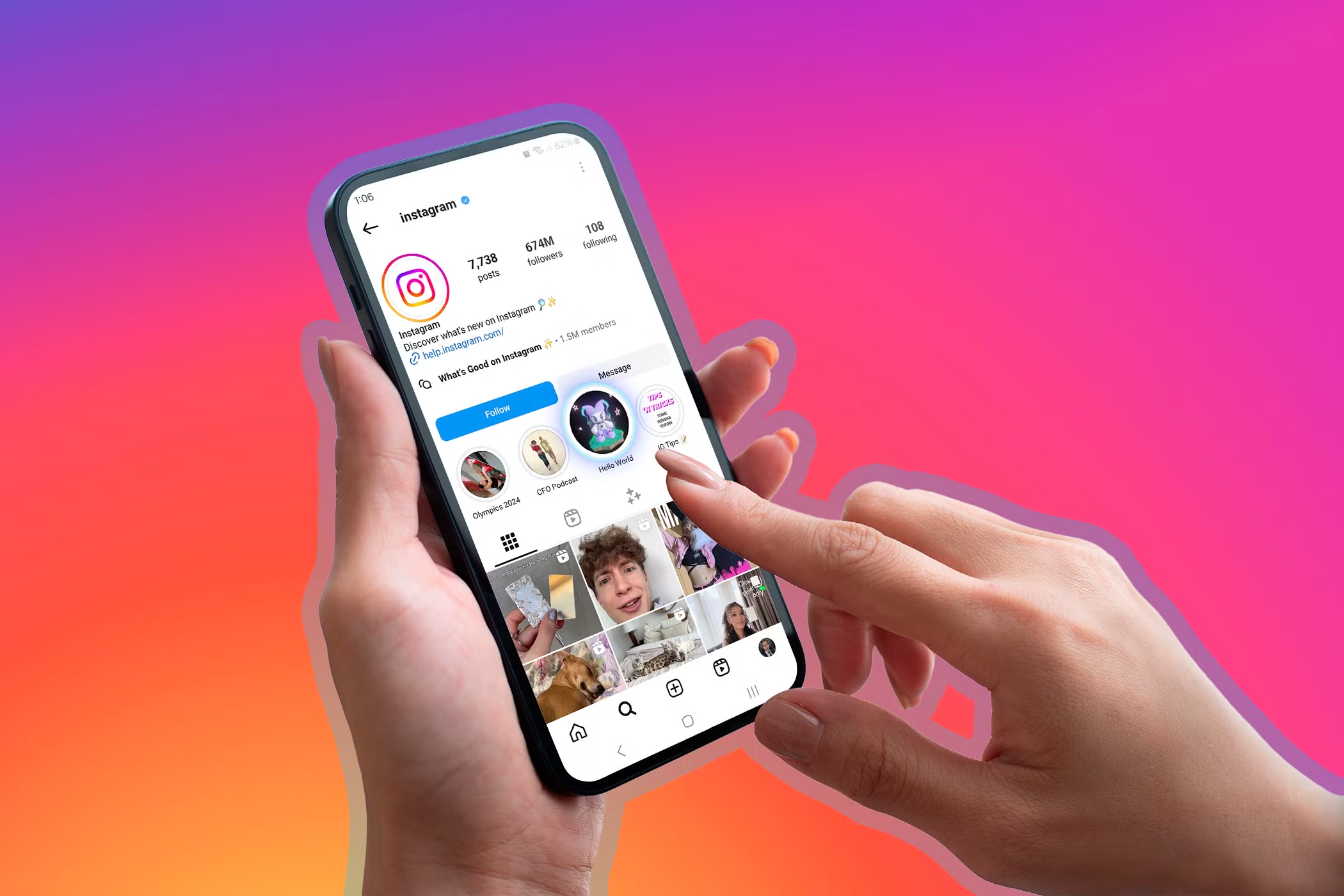Instagram users have voiced alarm over a newly introduced location sharing feature, expressing fears that the popular social media app might be exposing their whereabouts without explicit consent, potentially putting them at risk.
The photo-sharing platform owned by Meta launched the option on Wednesday, which allows users to share their locations through an Instagram map — a function similar to Snapchat’s feature that has been available since 2017.
Several users have been surprised to find their location visible to others, with viral social media posts highlighting these concerns.
“My location sharing was turned on and my home address was visible to all of my followers,” Instagram user Lindsey Bell revealed in response to a warning shared by “Bachelor” TV personality Kelley Flanagan to her 300,000 TikTok followers.
“I turned it off immediately when I realised, but it made me feel really uneasy,” she added.

In a TikTok video, Flanagan described Instagram’s new location feature as “dangerous” and shared clear instructions on how users can disable it.
Instagram head Adam Mosseri responded on Meta’s Threads platform to clarify that location sharing is off by default, meaning users must actively opt in for it to be enabled.
“Quick Friend Map clarification: your location will only be shared if you decide to share it, and if you do, it can only be shared with a limited group of people you choose,” Mosseri explained. “To start, location sharing is completely off.”
The feature was introduced to help friends connect more easily by sharing posts from interesting or “cool” places, Instagram stated in a blog post.
Users have full control over who can see their location and can disable the feature at any time, according to the company.
Scepticism over Instagram’s privacy practices comes shortly after a federal jury in San Francisco sided with women accusing Meta of misusing sensitive health data collected via the Flo app, which tracks menstruation and fertility.
The jury found Meta had exploited this personal health information to better target advertisements, as detailed by law firm Labaton Keller Sucharow, representing the plaintiffs.
Trial evidence revealed Meta was aware it was receiving confidential health data from the third-party app, with some employees reportedly mocking the sensitive nature of the information.
“This case was about more than just data — it was about dignity, trust, and accountability,” lead attorney Carol Villegas said in a blog post.
The amount of damages to be awarded in the case has not yet been announced.


 Trending
Trending 
